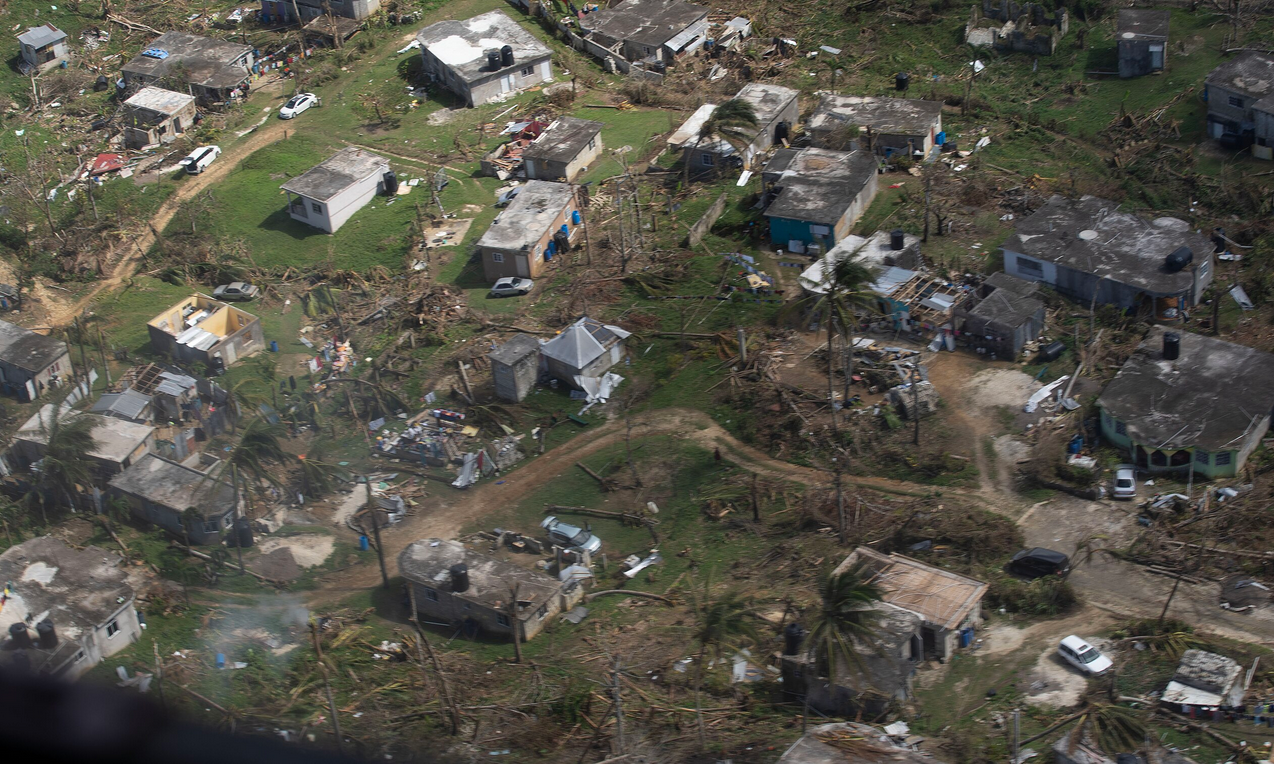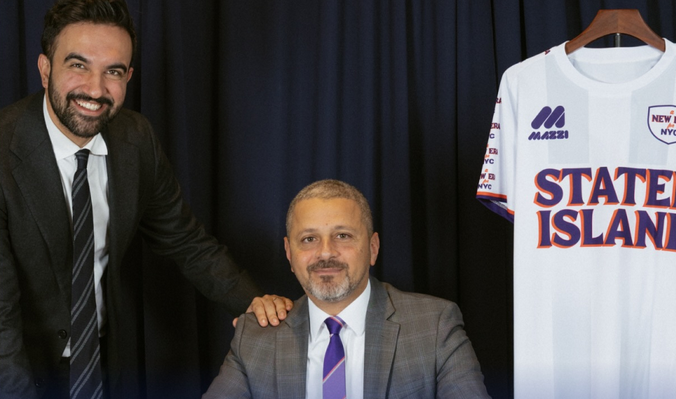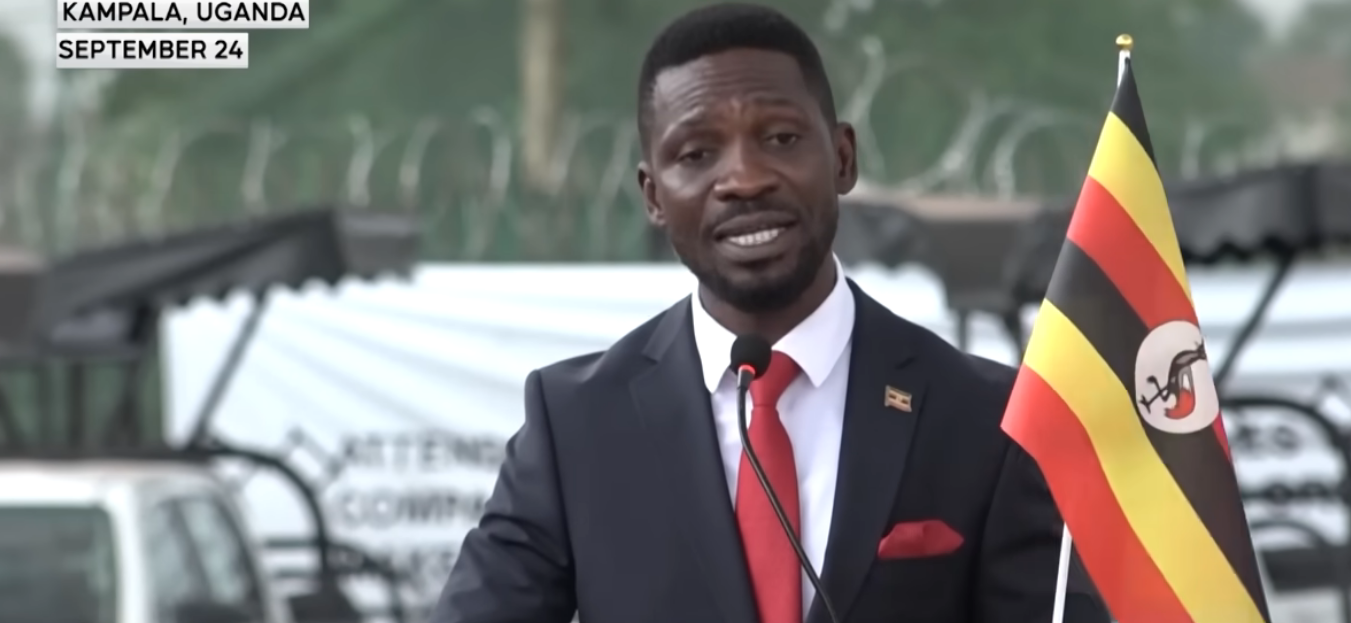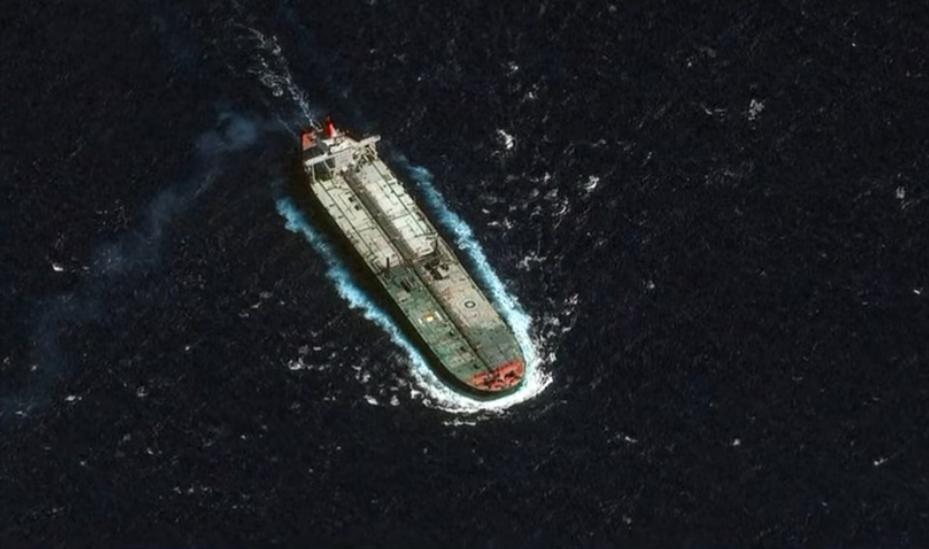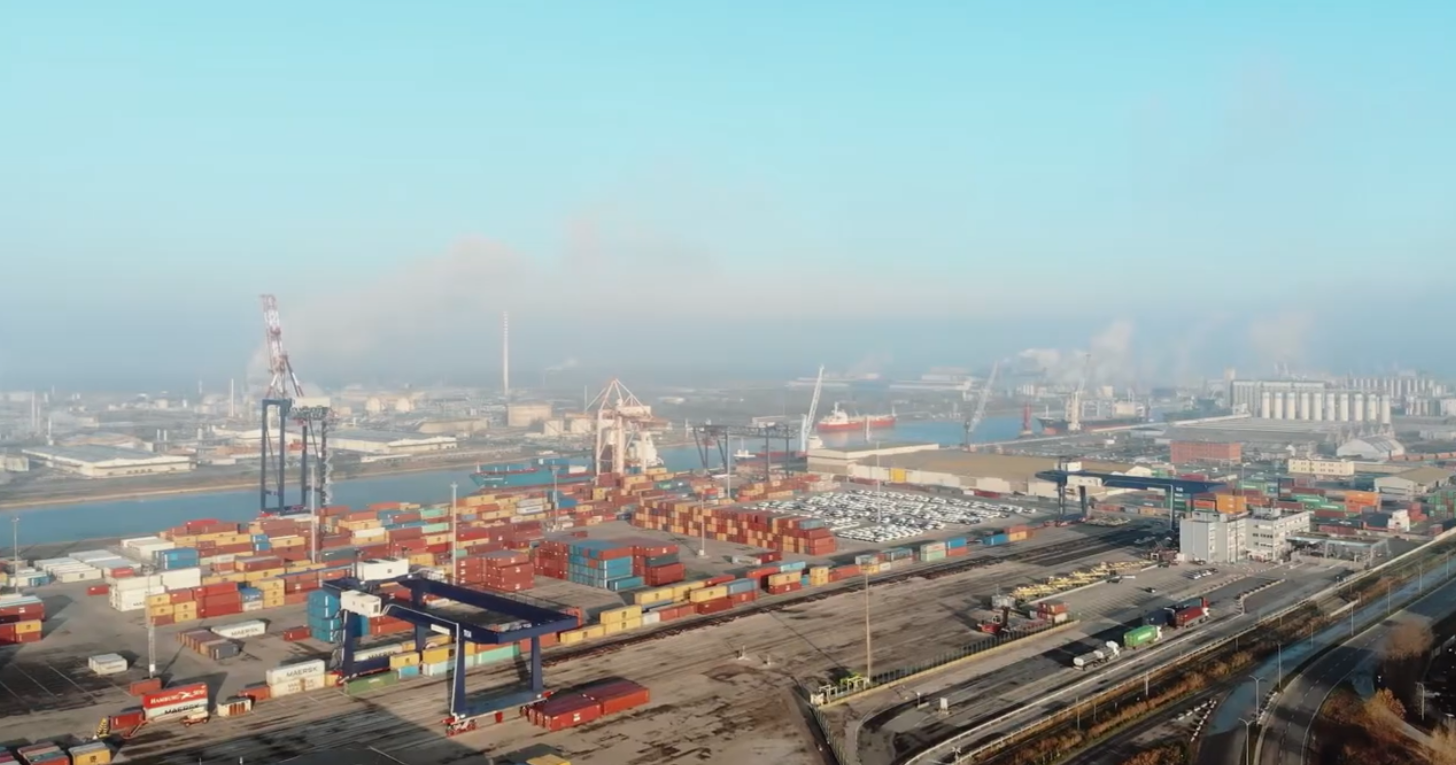By Dr. Theogene Rudasingwa
Photos: YouTube Screenshots\Wikimedia Commons
Great leaders turn to the truth as their guiding light in times of crisis. They rally their people with honesty, offer grounded solutions, and inspire confidence through integrity. Unfortunately, as usual, General Paul Kagame has chosen his well-trodden path. When confronted with mounting Western sanctions and evidence of Rwanda’s aggression in the Democratic Republic of the Congo (DRC), Kagame has resorted to falsehoods, deflections, and outright fabrications to mask his regime’s role in destabilizing the region.

Rwanda’s involvement in the DRC has been an open secret for decades for Rwandans and Congolese people, well-documented by the United Nations, human rights organizations, and independent journalists. Yet, Kagame insists on rewriting history, twisting facts, and portraying himself as a victim rather than the aggressor he is. The latest escalation in the eastern DRC has again exposed his preference for deception over truth.
Falsehood #1: Rwanda is Not Involved in the M23 Rebellion
One of Kagame’s most persistent lies is that Rwanda has no role in supporting the March 23 Movement (M23), the rebel group wreaking havoc in the DRC. He and his government claim that M23 is an indigenous Congolese movement with no ties to Rwanda. This narrative is contradicted by overwhelming evidence.
The United Nations Group of Experts, independent investigators, and even former Rwandan insiders have provided irrefutable proof that Rwanda currently maintains up to 10,000 of its military in DRC, supplies M23 with weapons, recruits fighters from within its borders, and provides logistical and strategic support. Satellite images, intercepted communications, and captured fighters have all confirmed this reality. Kagame’s denial is dishonest and an insult to the intelligence of those following the conflict.
Falsehood #2: Rwanda is a Victim, Not an Aggressor
Kagame often claims that Rwanda’s involvement in the DRC is defensive, aimed at preventing attacks from the Democratic Forces for the Liberation of Rwanda (FDLR), a militia composed of remnants of the 1994 genocide perpetrators. While the FDLR does exist, Kagame has dramatically exaggerated its strength to justify his military adventurism. In this context, he claims he is responding to an existential threat to all Tutsi in Rwanda, DRC, and in the whole of the Diaspora.
The reality is that General Kagame has always used Tutsi as expendable in his quest for and maintaining his power, and cogs in his adventures to seek fortune in DRC. Moreover, the FDLR, lacking a clear political agenda and operational effectiveness, is just a skeleton of its former self, barely surviving in the chaos of eastern DRC. It is a convenient scapegoat for General Kagame’s DRC strategy. Independent reports have shown that Kigali has used the FDLR to justify the three-decade-long military expeditions, whose objective is primarily illegal exploitation of DRC natural resources.
Falsehood #3: The Conflict in Eastern Congo is Purely an Internal Congolese Issue
Another misleading claim by Kagame is that the crisis in eastern DRC is a purely internal Congolese matter, driven by local grievances and mismanagement. While it is true that the DRC has its governance challenges, Kagame’s role in exacerbating the conflict cannot be ignored.
Rwanda has long exploited eastern Congo’s instability for its economic gain, plundering its vast mineral wealth under the cover of war. Reports from the UN and independent researchers have consistently linked Rwandan military and business elites to the illegal extraction of Congolese resources, particularly coltan, gold, and tin. These minerals fuel Rwanda’s economy while leaving devastation and suffering in their wake.
Falsehood #4: Rwanda is a Champion of Regional Stability
Kagame portrays himself as a visionary leader committed to peace and stability in the Great Lakes region. In reality, his actions tell a different story. From his support of various rebel groups to his refusal to engage in good-faith diplomacy, Kagame has been one of the most destabilizing forces in Central Africa.
His military interventions in the DRC, dating back to the late 1990s, have left millions dead and displaced. Until now, out of guilt and sheer geopolitical interest, he has been the favorite of some Western allies who see him as a reliable partner. Yet, his reactionary and destructive role in the region is undeniable. Kagame’s “stability” is a myth sustained by repression at home and aggression abroad.

Falsehood #5: Playing the Pan-African Card
Kagame frequently brands himself as a Pan-Africanist, claiming to champion African unity and self-reliance. However, his actions contradict his rhetoric. Instead of fostering regional cooperation, he has sown division by interfering in neighboring countries’ affairs, undermining sovereignty, and fueling instability. True Pan-Africanism begins in your own backyard. You cannot kill, imprison, and deny your citizens the most basic fundamental human rights and then claim that you champion Africa’s interests. You cannot wage war for thirty years against a neighbor, cause millions to die and be displaced, and still claim Pan-African credentials. General Kagame’s army has fought South Africa, Uganda, Burundi, Tanzania, Malawi, Namibia, Zimbabwe, and Angola during the decades-long military interventions in DRC. The essence of Pan-Africanism is collaboration and mutual respect among Africans and those of African descent, not regional dominance through military aggression and economic exploitation.
Falsehood #6: Defending Africa Against the West
Kagame often presents himself as a defender of Africa against Western exploitation and hypocrisy. While Western policies in Africa have flaws, Kagame’s stance is opportunistic. He accepts Western aid, engages in economic partnerships with Western corporations, and seeks foreign investments while simultaneously demonizing the very nations that sustain his government. His supposed anti-Western stance is little more than a convenient narrative used to deflect criticism.
Falsehood #7: Rwanda is a Democratically Run Country
Kagame boasts that Rwanda is a democracy, but the facts suggest otherwise. Rwanda is a tightly controlled autocracy where political opposition is crushed, journalists are jailed or exiled, and elections are a mere formality designed to rubber-stamp Kagame’s rule. His 99% election victories are the hallmark of a dictatorship, not a democracy. Fear and repression, not free and fair elections, keep him in power.
Falsehood #8: Rwanda is More Economically Developed Than Its Neighbors
Kagame often claims that Rwanda’s economic model is superior to its neighbors. While Rwanda has made commendable economic progress, much of this development is exaggerated. The country’s GDP remains heavily dependent on foreign aid and the mineral exploitation of DRC, benefiting Kagame’s family and a small elite around him in the capital city, Kigali.
Moreover, economic inequality and unemployment remain significant issues, challenging the image of Rwanda as an economic miracle.
Resist, Reconcile, and Rebuild
Throughout history, leaders who thrive on impunity, deception, and authoritarian rule often meet disastrous ends. Kagame’s relentless grip on power and his reckless militarism bear a striking resemblance to the infamous Roman Emperor Nero. Like Nero, who allegedly set Rome ablaze while playing his lyre, Kagame pays millions to European soccer teams, bids to host Formula 1 grand prix, and hosts international cyclists as instability and suffering engulf Central Africa, all while spinning grand illusions of progress and righteousness. Just as Nero’s tyranny ultimately led to his downfall, Kagame’s continued reliance on falsehoods and repression will inevitably lead to unraveling his carefully constructed facade.
An African proverb warns, “The child who says his mother will not sleep will himself stay awake.” Kagame’s insistence that it is “business as usual” while fueling war in the DRC and keeping Rwanda under a reign of terror is a dangerous illusion. His plundering expeditions, disguised as security operations, will rapidly escalate into a regional catastrophe. He may believe he can indefinitely manipulate the truth and evade accountability, but history has shown that such deception always has consequences.
Therefore, Rwandans and Congolese must unite in thought and action to resist oppression and war, reconcile historical wounds, and rebuild a peaceful future. They must stand against Kagame’s destabilization, demand accountability for war crimes, and champion democracy and justice. The world must not stand by as history repeats itself.
African nations and the international community have a responsibility to enforce more robust sanctions, support democratic movements, and amplify the voices of those suffering under Kagame’s domestic, regional, and international policies. Silence and inaction only embolden tyranny.
The time for change is now. With the support of Africa and the world, the people of Rwanda and the DRC must resist dictatorship, reconcile their differences, and rebuild a future rooted in justice, peace, democracy, the rule of law, and true Pan-African solidarity.
The future of Africa depends on it.

Dr. Theogene Rudasingwa
Co-founder, Rwanda Truth Commission and Rwanda Freedom Movement-ISHAKWE
Contact: [email protected]

